LaLiga vs. Google conflict and its impact on the future of sports streaming.
LaLiga Vs. Google: Torrent Piracy And The Fight For Copyright Protection
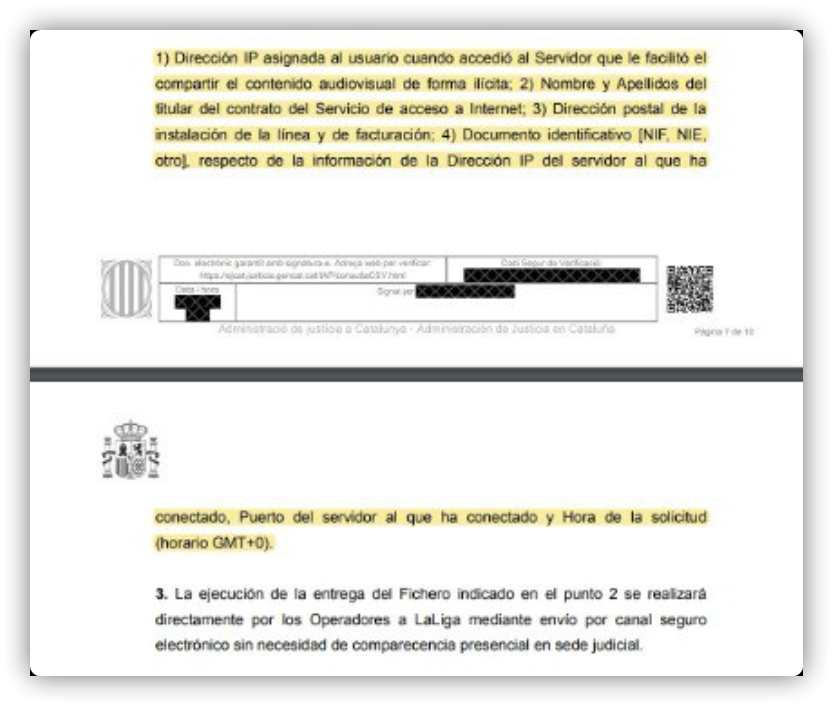
Table of Contents
LaLiga's Strategies to Combat Torrent Piracy
LaLiga has adopted a multi-pronged approach to combat the illegal streaming and downloading of its matches. This involves aggressive legal action, sophisticated technological solutions, and targeted public awareness campaigns.
Legal Action Against Google
LaLiga has repeatedly sued Google, alleging that the search giant isn't doing enough to remove links to illegal streams and downloads of LaLiga matches. These lawsuits argue that Google's search algorithms and platforms facilitate copyright infringement, contributing significantly to the losses suffered by the league.
- Specific examples: While specific details of ongoing litigation are often confidential, public statements indicate a pattern of DMCA takedown notices sent to Google, followed by legal action when those notices are deemed insufficient. Some cases have resulted in settlements, while others remain ongoing.
- Legal arguments: LaLiga's legal strategy centers on the argument that Google has a responsibility to actively combat piracy on its platforms, rather than simply reacting to individual takedown notices. They contend that Google's algorithms and systems actively promote illegal streams, resulting in significant financial harm to LaLiga and its member clubs.
- Bullet points:
- Numerous DMCA takedown notices filed with Google.
- Multiple court cases filed in various jurisdictions.
- Several settlements reached, although terms are often confidential.
Technological Solutions
Beyond legal action, LaLiga invests heavily in technological solutions to identify and block illegal streams.
- Anti-piracy software and partnerships: LaLiga works with various technology providers to develop and deploy anti-piracy software. This software actively monitors the internet for illegal streams and employs various techniques to disrupt access to them.
- Challenges of evolving piracy methods: The constant evolution of piracy methods presents a significant challenge. New platforms, technologies, and techniques emerge constantly, requiring continuous adaptation and innovation in anti-piracy strategies.
- Bullet points:
- Development of proprietary anti-piracy technology.
- Collaboration with Internet Service Providers (ISPs) to block access to illegal streams.
- Implementation of watermarking techniques to trace the origin of illegal streams.
Public Awareness Campaigns
LaLiga also undertakes significant public awareness campaigns to educate fans about the negative consequences of piracy.
- Economic impact messaging: These campaigns highlight the financial impact of piracy on the league, its clubs, and the players. Lost revenue affects wages, investments in player development, and the overall quality of the football experience.
- Targeting different demographics: Campaigns are tailored to reach different fan demographics, using various channels and messaging styles to ensure broad reach and impact.
- Bullet points:
- Social media campaigns targeting younger fans.
- Public service announcements broadcast on television and radio.
- Collaboration with fan groups to spread the message organically.
Google's Response to LaLiga's Accusations
Google's response to LaLiga's accusations centers on its copyright policies, its technical limitations, and legal protections.
Google's Copyright Policies and Enforcement
Google maintains a robust copyright policy and DMCA takedown process. However, the scale of the internet presents immense challenges.
- DMCA takedown process: Google participates actively in the Digital Millennium Copyright Act (DMCA) takedown process, removing content flagged as infringing when provided with valid notices.
- Automated content removal: Google invests in automated systems to identify and remove infringing content, but the sheer volume of content uploaded daily makes complete eradication impossible.
- Bullet points:
- Clear DMCA takedown policy.
- Automated content removal systems using AI and machine learning.
- Ongoing investment in technology to improve content identification.
Arguments Presented by Google
Google's counterarguments often center on the technical and legal difficulties in completely eliminating pirate content.
- Section 230 of the Communications Decency Act: Google often cites Section 230 of the Communications Decency Act, which protects online platforms from liability for user-generated content.
- Technical limitations: Google argues that completely eliminating all infringing links is technically impossible given the scale and decentralized nature of the internet.
- Bullet points:
- Reliance on Section 230 of the Communications Decency Act.
- Argument that complete removal of all infringing content is technologically infeasible.
- Emphasis on the complexities of balancing freedom of speech with copyright protection.
The Wider Implications for the Sports Broadcasting Industry
The LaLiga vs. Google dispute has broader implications for the entire sports broadcasting industry.
The Impact of Piracy on Revenue
Piracy significantly impacts the revenue streams of sports leagues and broadcasters.
- Loss of subscription revenue: Illegal streaming reduces the number of people subscribing to legitimate services.
- Diminished advertising value: Lower viewership on legitimate channels reduces the value of advertising slots.
- Bullet points:
- Substantial loss of subscription revenue from legitimate streaming services.
- Reduced advertising revenue due to decreased viewership.
- Negative impact on sponsorship deals due to uncertain viewership numbers.
The Future of Copyright Protection in the Digital Age
The future of copyright protection depends on innovative strategies and stronger international cooperation.
- Emerging technologies: AI-powered content identification, enhanced digital rights management (DRM) systems, and blockchain technologies are all being explored to combat piracy more effectively.
- International cooperation: Effective copyright protection requires stronger international cooperation and consistent enforcement of laws across borders.
- Bullet points:
- Development of more sophisticated AI-powered content identification systems.
- Implementation of robust and evolving digital rights management systems (DRM).
- Increased international cooperation to combat cross-border piracy.
Conclusion
The ongoing legal battle between LaLiga and Google underscores the complex challenges of protecting copyright in the digital age. While LaLiga fights aggressively against torrent piracy through legal and technological means, Google balances freedom of speech with intellectual property rights. Effectively combating piracy demands a multi-faceted approach involving legal action, technological innovation, and public awareness. The future of copyright protection in sports broadcasting hinges on collaboration between leagues, technology companies, and lawmakers. Only through a combined effort can we resolve the complexities of the LaLiga vs. Google conflict and safeguard the integrity of the sports broadcasting industry. Stay informed about the LaLiga vs Google developments and the wider fight against piracy.

Featured Posts
-
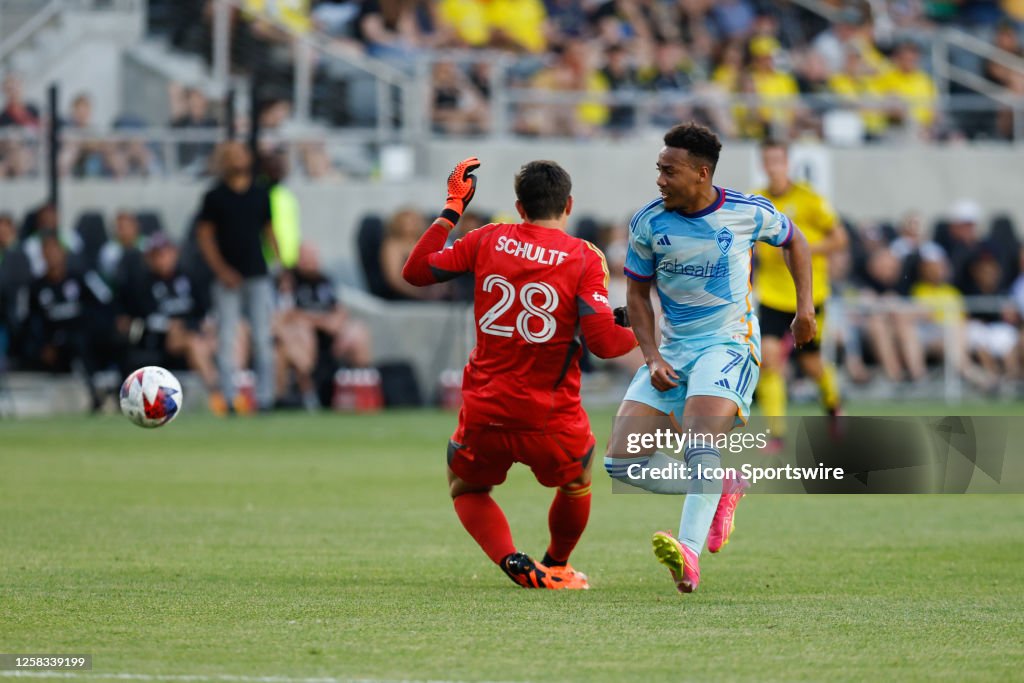 Columbus Crews Steffen Suffers Setback Against Rapids
May 16, 2025
Columbus Crews Steffen Suffers Setback Against Rapids
May 16, 2025 -
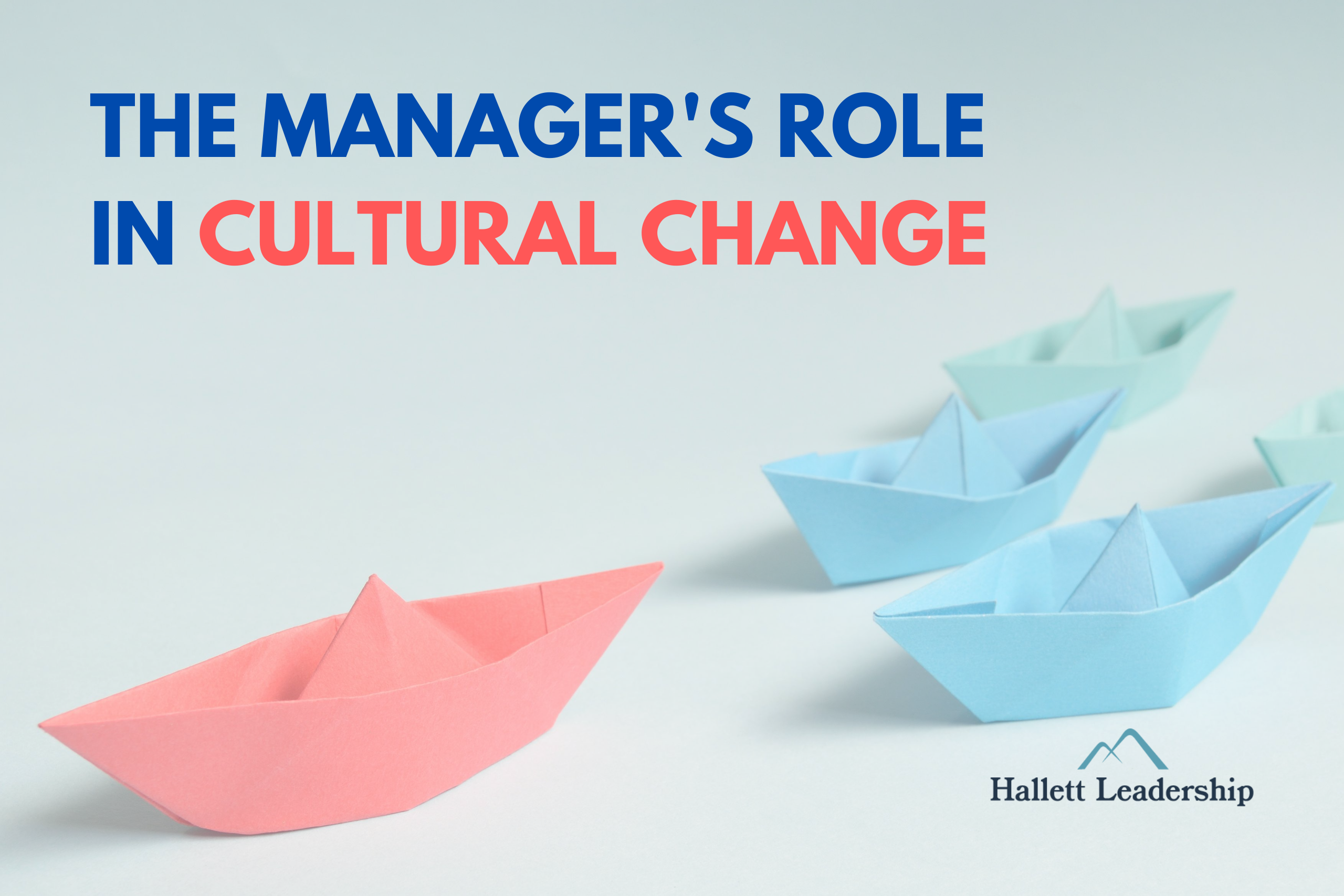 The Crucial Role Of Middle Managers In Business And Employee Development
May 16, 2025
The Crucial Role Of Middle Managers In Business And Employee Development
May 16, 2025 -
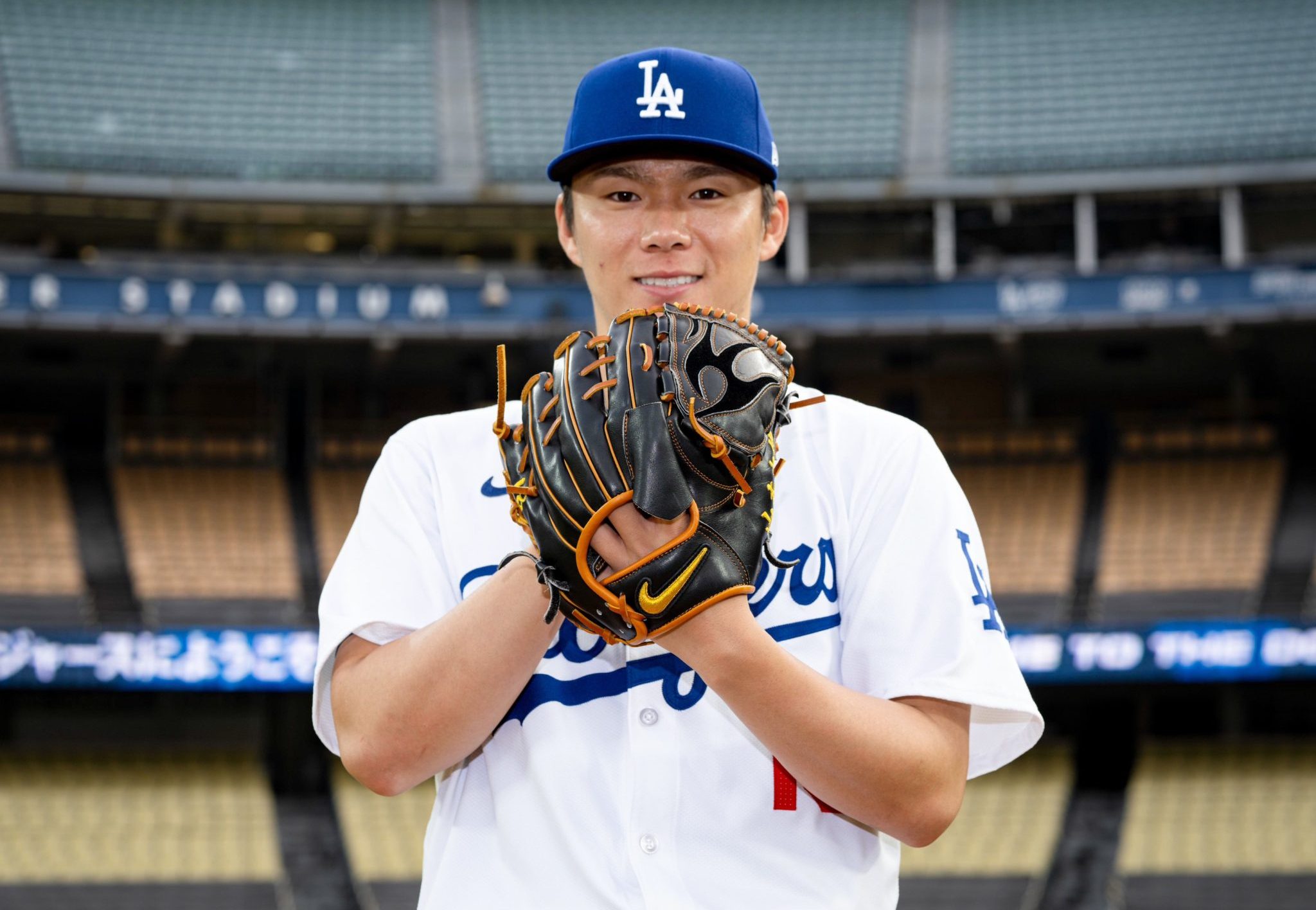 Los Angeles Dodgers Assessing The Offseasons Impact On The 2024 Season
May 16, 2025
Los Angeles Dodgers Assessing The Offseasons Impact On The 2024 Season
May 16, 2025 -
 A Comprehensive Guide To Androids New Design Language
May 16, 2025
A Comprehensive Guide To Androids New Design Language
May 16, 2025 -
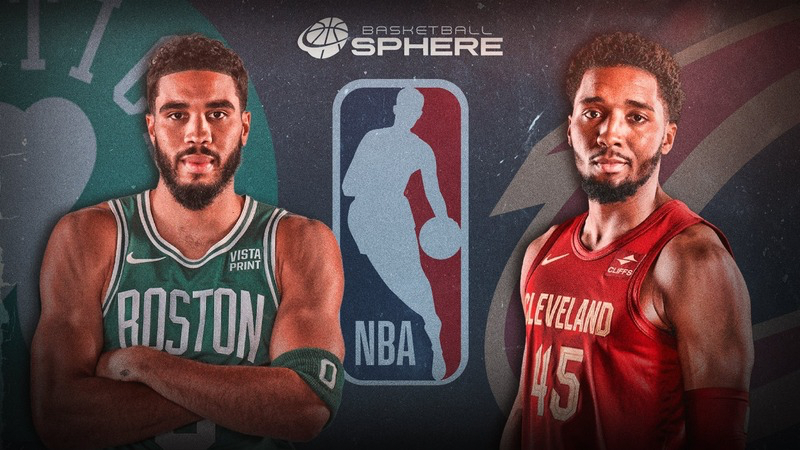 Nba Playoffs Cavaliers Vs Celtics Prediction And Betting Odds
May 16, 2025
Nba Playoffs Cavaliers Vs Celtics Prediction And Betting Odds
May 16, 2025
